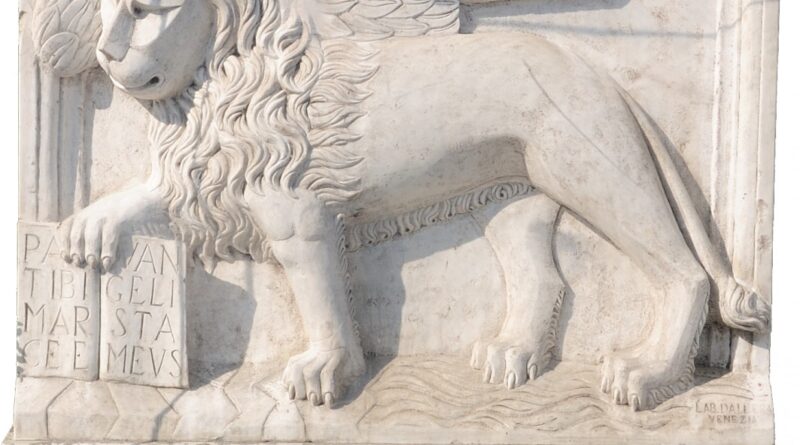Giovanni Caboto: Exploring the Life and Legacy of an Italian Explorer

Giovanni Caboto was born around 1451 AD in Gaeta, Italy to Giulio. When the Aragonese defeated Angevins in 1461 AD, his family took refuge in Venice where Giovanni would grow up before marrying Mattea around 1870 and having three sons – Ludovico, Sebastiano and Sancto. Giovanni dreamt of becoming an explorer but it took him some time before finding an acceptable sea route.
Life often leads us down unexpected paths. Giovanni Caboto found his journey taking an unexpected turn when Venice did not support new routes, preferring instead consolidate those already utilized by it. Once in Valencia he directed some works for King Philip V of Spain but these were put on hold due to Christopher Columbus returning home; at this time Caboto decided it best for him to move to England instead.
Caboto believed Columbus had not reached the Far East and proposed to Henry VII that he be permitted to explore routes further north.
Caboto agreed, and set sail. Not long after leaving his homeland behind him, Caboto encountered new lands claiming by King Henry VII, believing himself to have arrived in Far East when in reality it was Nova Scotia where his ship docked.
Caboto thus laid the groundwork for future discoveries in Canada, which later became an English colony.
Caboto received enormous advantages from King Charles I for this astounding discovery; unfortunately he was only able to enjoy them for so long: within one year after returning, he set out on yet another expedition; unfortunately this one never ended well and vanished into thin air.
Some claim Caboto reached Greenland; others maintain his expedition was shipwrecked in the Atlantic Ocean; yet others contend he arrived in North America. Whatever its ultimate fate may have been, one thing remains certain – Caboto made significant contributions towards Columbus’ colonization efforts; particularly by discovering Canada and other territories not explored on his initial journey.
